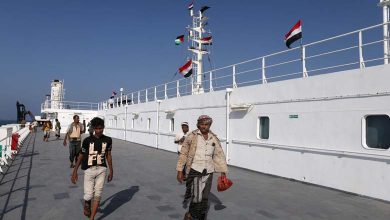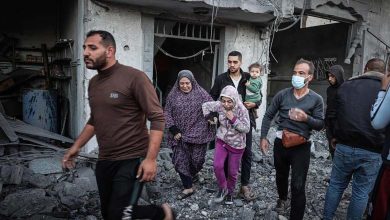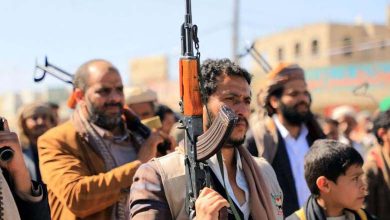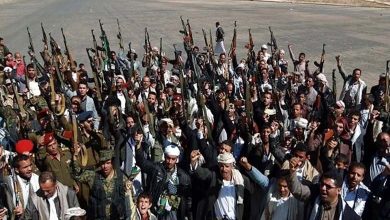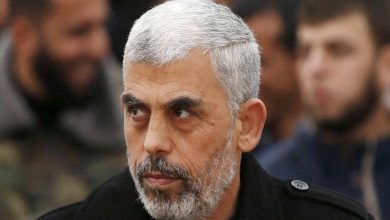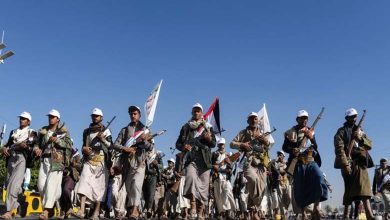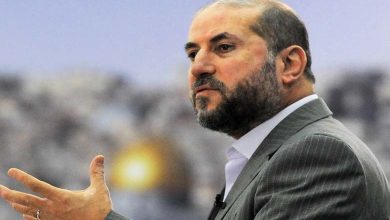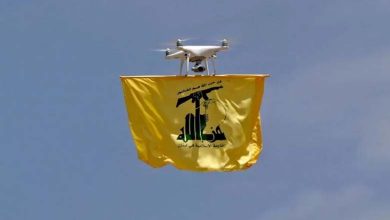Iraq: In front of al-Sadr’s position, Al Sudani government is in a difficult test
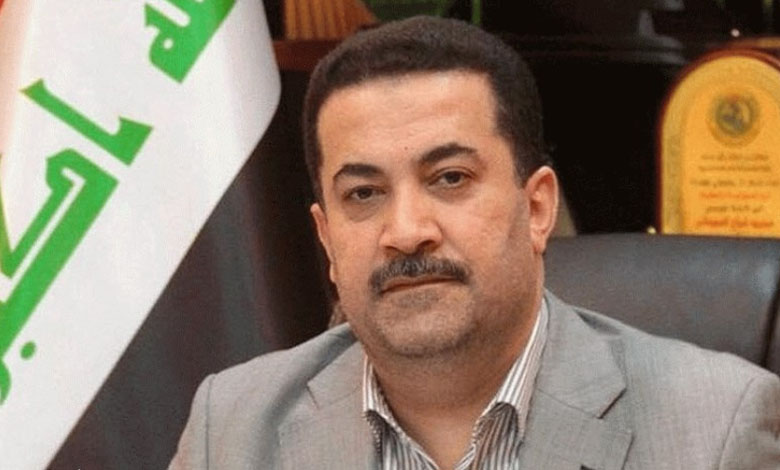
The initial position announced by the leader of the Sadrist movement, Muqtada Al-Sadr, regarding the government of Mohammed Shia’ Al Sudani raises questions about the nature of his relationship with that government, and his personal view of it, which opens the door to various scenarios, such as the mobilization of popular protests against it, or aborting it before it was born.
Yesterday, al-Sadr attacked Al Sudani’s prospective government, calling it a “militia and subordinate government,” but did not direct his followers to take to the streets, or any action to prevent the formation of that government.
Former MP Fattah Al-Sheikh confirmed that al-Sadr sought to have a reformist government in which the Prime Minister would be able to hold corrupt officials accountable and open legal files that would contribute to strengthening the stability of the country. But this did not happen, he said that “all positions are expected.”
He added, “al-Sadr is not absolutely concerned with this government after the departure of the members of the Sadrist bloc, the Council of Representatives. Talking about negotiations that were held in secret with al-Sadr is not true and aims to mix the cards.”
“The scene now is that the coordination framework will continue the process of forming the government, while al-Sadr will continue to insist on his reform project, which is the government of the national majority, after the early elections,” al-Sheikh said.
He continued: al-Sadr has pressure cards to use, in order to correct the course of the political process, and everything is expected, like demonstrations or moving the street.
When the coordinating framework was nominated more than two months ago by Mohammed Shia’ Al Sudani, tensions flared between the framework and the Sadrist movement, whose supporters have been staging a sit-in in front of parliament for nearly a month.
Tensions peaked on 29 August, when 30 of his supporters were killed in clashes inside the Green Zone between al-Sadr’s Peace Brigades and pro-Iranian Shia armed factions affiliated with the state apparatus.
However, al-Sadr chose, after that, silence and non-interference in the political affairs, except in a small way, even when the political forces held a parliamentary session, to elect the President of the Republic, last Thursday, and to assign Al Sudani, the head of government, al-Sadr did not order his supporters to take any action.
“Al-Sadr chose to retreat and leave politics for domestic reasons, but he is still active, even if to a lesser extent, in the Iraqi scene,” said political affairs researcher Abdul Salam Hassan. “Therefore, the relationship with the government of Al Sudani will always remain a source of tension and attraction, and that government will always face the dangers of Sadrist demonstrations.”
“Al-Sadr will look at the performance of the government of Al-Sudani, its political practices, and even the nature of its formation, and whether there is dependence on the forces of the coordination framework,” Hassan added. “Therefore, Al-Sudani has a wonderful opportunity, to convince Iraqis, including al-Sadr’s supporters, of his ability to be independent and work for the interest of the country, away from the factional and partisan groups”.


